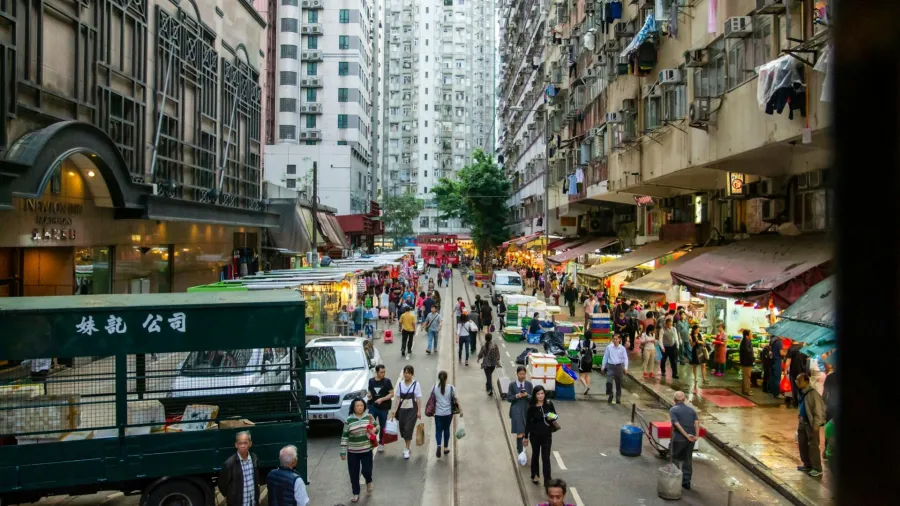
Hong Kong’s growth projected to moderate at 1.9% in 2025
Inflation is also expected to remain moderate at 1.8% in 2025.
Hong Kong’s economic growth is projected to moderate to 1.9% in 2025 amidst persistent external headwinds, according to the ASEAN+3 Macroeconomic Research Office (AMRO).
The agency warned that without stronger and more targeted policy actions, the city may struggle to maintain stability and its competitive edge amid rising global trade tensions and internal structural challenges.
Economic growth slowed to 2.5% in 2024, weighed down by weak domestic consumption and continued sluggishness in real estate investment.
Although the first quarter of 2025 saw a brief rebound due to trade front-loading and a pickup in tourism, AMRO expects growth to remain modest through the rest of the year and into 2026, with GDP projected at 1.7% in 2026.
Inflation is expected to remain moderate, at 1.8% in 2025 and 1.5% in 2026.
Lee noted that Hong Kong faces growing external pressures, especially from heightened trade protectionism and policy uncertainty, and said the economy will need stronger support to remain resilient.
AMRO highlighted several key risks to the outlook, including more aggressive protectionist measures among major economies, a slower-than-expected recovery in Mainland China, and prolonged high interest rates in the United States, which could tighten financial conditions and dampen local demand.
The agency also warned that the ongoing downturn in the property market, whilst showing some signs of stabilisation due to government measures, could continue to weigh on household and business sentiment.
In the longer term, an aging population and increasing global economic fragmentation present significant structural challenges for Hong Kong.
To address these issues, AMRO recommended a more proactive policy approach. Whilst the government’s 2025 Budget reflects a prudent shift toward fiscal consolidation, AMRO cited the importance of maintaining targeted support for vulnerable sectors to sustain momentum.
It also called for expanded credit access to high-potential small and medium-sized enterprises (SMEs), preparation for various trade disruption scenarios, and a review of the tax system to diversify and strengthen revenue sources.
Additionally, the agency stressed the need to tackle labor shortages, continue attracting skilled talent, and invest in emerging growth sectors such as fintech and sustainable finance.
AMRO also encouraged deeper economic integration with the Greater Bay Area and diversification of trade partnerships to strengthen Hong Kong’s global positioning.
The agency noted that recent government actions, such as lowering the Countercyclical Capital Buffer and launching targeted financial support for hard-hit sectors, were appropriate, but warned that additional reforms will be necessary to manage persistent risks and secure long-term growth.



















 Advertise
Advertise






